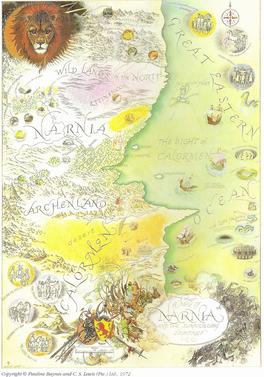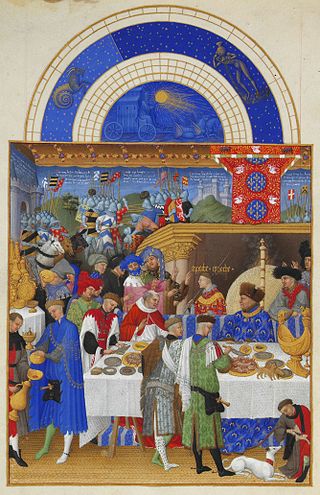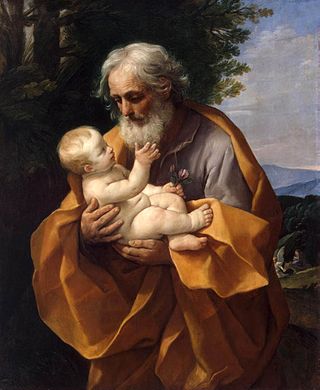Related Research Articles

In the history of Europe, the Middle Ages or medieval period lasted approximately from the late 5th to the late 15th centuries, aligning with the post-classical period of global history. It began with the fall of the Western Roman Empire in 476 AD and ended with the fall of Constantinople in 1453 AD before transitioning into the Renaissance and then the Age of Discovery. The Middle Ages is the middle period of the three traditional divisions of Western history: antiquity, medieval, and modern. The medieval period is itself subdivided into the Early, High, and Late Middle Ages. Late medieval scholars at first called these the Dark Ages in contrast to classical antiquity; the accuracy of the term has subsequently been challenged.

A castle is a type of fortified structure built during the Middle Ages predominantly by the nobility or royalty and by military orders. Scholars usually consider a castle to be the private fortified residence of a lord or noble. This is distinct from a mansion, palace and villa, whose main purpose was exclusively for pleasance and are not primarily fortresses but may be fortified. Use of the term has varied over time and, sometimes, has also been applied to structures such as hill forts and 19th- and 20th-century homes built to resemble castles. Over the Middle Ages, when genuine castles were built, they took on a great many forms with many different features, although some, such as curtain walls, arrowslits, and portcullises, were commonplace.

A peasant is a pre-industrial agricultural laborer or a farmer with limited land-ownership, especially one living in the Middle Ages under feudalism and paying rent, tax, fees, or services to a landlord. In Europe, three classes of peasants existed: non-free slaves, semi-free serfs, and free tenants. Peasants might hold title to land outright, or by any of several forms of land tenure, among them socage, quit-rent, leasehold, and copyhold.

Armistead Jones Maupin, Jr. is an American writer notable for Tales of the City, a series of novels set in San Francisco.

Narnia is a fantasy world created by C. S. Lewis as the primary location for his series of seven fantasy novels for children, The Chronicles of Narnia. The world is named after the country of Narnia, where much of the Chronicles takes place.

Thomas Alan Shippey is a British medievalist, a retired scholar of Middle and Old English literature as well as of modern fantasy and science fiction. He is considered one of the world's leading academic experts on the works of J. R. R. Tolkien about whom he has written several books and many scholarly papers. His book The Road to Middle-Earth has been called "the single best thing written on Tolkien".
Norman Frank Cantor was a Canadian-American historian who specialized in the medieval period. Known for his accessible writing and engaging narrative style, Cantor's books were among the most widely read treatments of medieval history in English. He estimated that his textbook The Civilization of the Middle Ages, first published in 1963, had a million copies in circulation.
Stephen Mitchell is a poet, translator, scholar, and anthologist. He is best known for his translations and adaptions of works including the Tao Te Ching, the Epic of Gilgamesh, works of Rainer Maria Rilke, and Christian texts.

Francis Manning Marlborough Pryor is an English archaeologist specialising in the study of the Bronze and Iron Ages in Britain. He is best known for his discovery and excavation of Flag Fen, a Bronze Age archaeological site near Peterborough, as well as for his frequent appearances on the Channel 4 television series Time Team.
The following is a timeline of major events in post-classical history from the 5th to 15th centuries, loosely corresponding to the Old World Middle Ages, intermediate between Late antiquity and the early modern period.

Bruce Feiler is an American writer and television personality. He is the author of 15 books, including The Council of Dads, a book that describes how he responded to a diagnosis of a rare cancer by asking a group of men to be present in the lives of his young daughters. The book was the subject of a TED Talk and inspired NBC drama series Council of Dads. His latest work explores the power of life stories. Drawing on interviews with Americans in all 50 states, he offers strategies for coping with life's unsettling times in his new book, Life Is In The Transitions. Bruce writes the "This Life" column in the Sunday New York Times and is also the writer/presenter of the PBS miniseries Walking the Bible and Sacred Journeys with Bruce Feiler (2014).

Sir Michael Andrew Bridge Morpurgo is an English book author, poet, playwright, and librettist who is known best for children's novels such as War Horse (1982). His work is noted for its "magical storytelling", for recurring themes such as the triumph of an outsider or survival, for characters' relationships with nature, and for vivid settings such as the Cornish coast or World War I. Morpurgo became the third Children's Laureate, from 2003 to 2005, and he is also the current President of BookTrust, the UK's largest children's reading charity.

Francine Prose is an American novelist, short story writer, essayist, and critic. She is a visiting professor of literature at Bard College, and was formerly president of PEN American Center.

David C. Nicolle is a British historian specialising in the military history of the Middle Ages, with a particular interest in the Middle East.

Mariner Books, originally an imprint of HMH Books, was established in 1997 as a publisher of fiction, non-fiction, and poetry in trade paperback. Mariner is also the publisher of the Harvest backlist, formerly published by Harcourt Brace/Harcourt Brace Jovanovich. HarperCollins bought HMH in May 2021 for US$349 million. As of fall 2021, Mariner Books was listed as an imprint of HarperCollins.

The medieval household was, like modern households, the center of family life for all classes of European society. Yet in contrast to the household of today, it consisted of many more individuals than the nuclear family. From the household of the king to the humblest peasant dwelling, more or less distant relatives and varying numbers of servants and dependents would cohabit with the master of the house and his immediate family. The structure of the medieval household was largely dissolved by the advent of privacy in early modern Europe.

Joseph was a 1st-century Jewish man of Nazareth who, according to the canonical Gospels, was married to Mary, the mother of Jesus, and was the legal father of Jesus.

This is a bibliography of U.S. congressional memoirs by former and current U.S. representatives. The United States House of Representatives is one of the two houses of the United States Congress, the bicameral legislature which also includes the Senate.
Filstingpound or fulstingpound was an occasional duty paid by villeins in medieval England to the manor. It is thought by historians to be an insurance against corporal punishment or excessive fines. Its etymology appears to be a compound of the obsolete English word "filsting", which means help or aid; and "pound", in the sense of being struck. The duty was typically annual and received on All Hallows' Day. It was usually £1 paid by the vill or 1 s. by the individual villein. It was a relatively advanced insurance scheme for the High Middle Ages.
References
- ↑ Library of Congress Name Authority File
- ↑ Briefly reviewed in The New Yorker (14 January 1985) : 119.